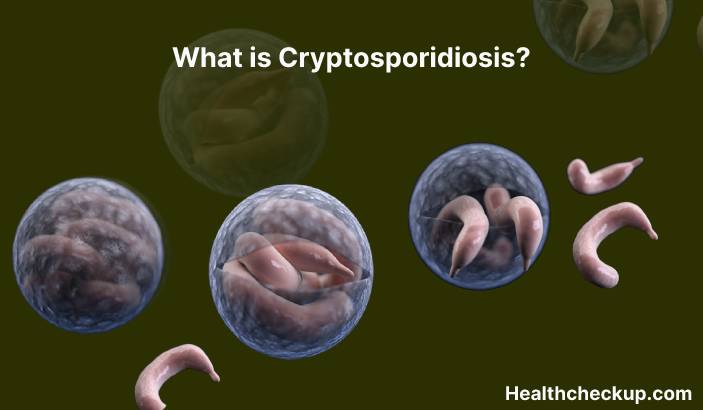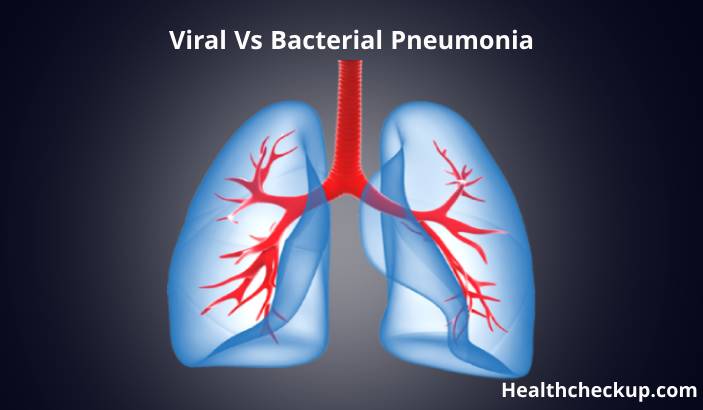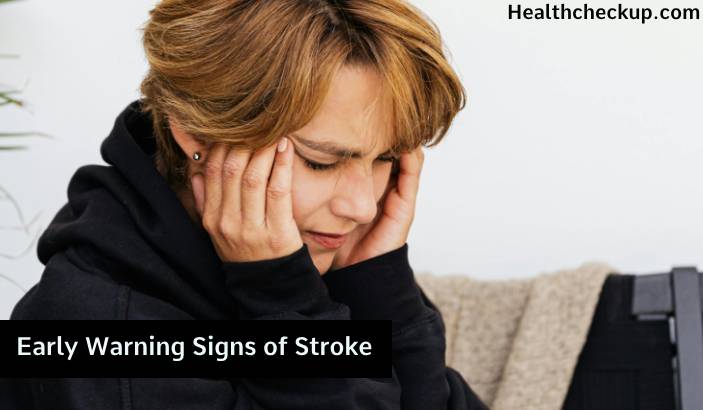Cryptosporidiosis is an infection caused by the parasite Cryptosporidium. It is transmitted through contaminated water or food, or through close contact with infected individuals. Cryptosporidiosis can affect both humans and animals, and can lead to serious illness, particularly in people with compromised immune systems.
Symptoms of cryptosporidiosis
Symptoms of cryptosporidiosis appear within one to two weeks of infection and include:
- Diarrhea
- Abdominal cramps
- Dehydration
- Weight loss
- Nausea and vomiting
- Fever
- Muscle aches
In severe cases, cryptosporidiosis can lead to malnutrition and other complications.
Diagnosis of cryptosporidiosis
Cryptosporidiosis is typically diagnosed based on the presence of characteristic symptoms and a history of exposure to contaminated water or food, or close contact with infected individuals. Laboratory testing, such as a stool sample analysis, is also used to confirm the diagnosis.
Treatment of cryptosporidiosis
There is no specific treatment for cryptosporidiosis. Treatment is typically supportive and includes measures to manage symptoms, such as medications to reduce diarrhea and prevent dehydration.
Prevention of cryptosporidiosis
There are several steps that can help to reduce the risk of cryptosporidiosis, including:
- Practicing good hygiene: Washing hands with soap and water can help to reduce the risk of infection.
- Avoiding contaminated water and food: It is important to avoid drinking or consuming water or food that may be contaminated with the Cryptosporidium parasite.
- Avoiding close contact with infected individuals: It is important to avoid close contact with individuals who are experiencing symptoms of cryptosporidiosis.
It is also important to follow guidelines from public health authorities and to seek medical attention if you suspect that you have been infected with the Cryptosporidium parasite. Early diagnosis and treatment helps to prevent complications.








